New assessment of bird species of European conservation concern underlines urgent need for restoration
A new paper in BCI reveals that 38% of Europe’s 546 bird species are of conservation concern, including 14% of global concern.…
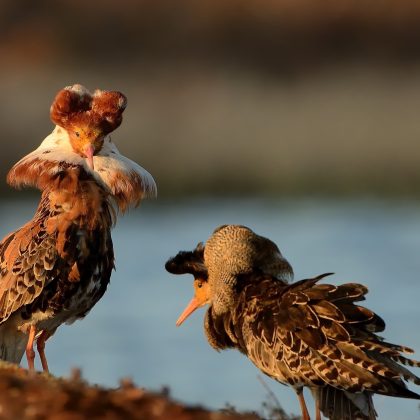
A new paper in BCI reveals that 38% of Europe’s 546 bird species are of conservation concern, including 14% of global concern.…

In my open access article ‘Considering Stratospheric Aerosol Injections beyond an Environmental Frame: the ‘Emergency’ techno-fix and Preemptive Security’, I focus on a form of solar geoengineering known as Stratospheric Aerosol Injection (SAI) which is attracting increasing attention as a potential technological response to the growing problems associated with climate change.…

Starting my PhD in 2020 on the conservation of Swedish parasitic freshwater mussels (Order: Unionida), I initially noted a lack of effort put into the study of what these mussels actually do to their hosts. If our goal is to increase the number of these mussels in our lakes and rivers, this will inevitably have some downstream impact on their host fishes.

The open access paper “Contribution of coffee plants to carbon sequestration in agroforestry systems of Southwestern Ethiopia“, published in The Journal of Agricultural Science, has been chosen as the latest Editorial Highlight and is freely available to download.…

The paper “Linking maize yields in Veneto Italy, to large-scale atmospheric variability, circulation regimes and weather types“, published in The Journal of Agricultural Science, has been chosen as the latest Editorial Highlight and is freely available to download for one month. …
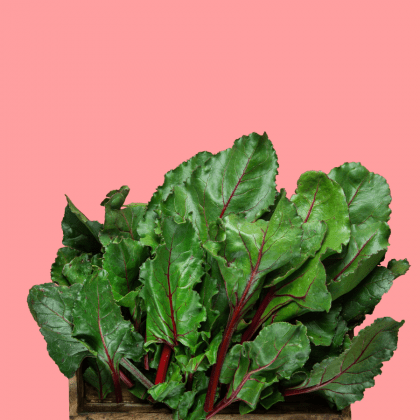
We need to act now to limit increasing global temperatures by reducing greenhouse gas emissions to meet global targets set out in the Paris Agreement. Among other things, this means changing our diets and reducing our consumption of meat and dairy since livestock production has the highest environmental impact in the food system. Hence, the need to transition away from diets high in animal products to more plant-based diets.

The ratification of the Paris Agreement opened a new chapter in Turkey’s climate policies. Followed by the declaration of a net-zero emissions target for 2053, Turkey’s ratification of the agreement came after a six-year delay, with exhausting bilateral post-Paris negotiations.…

Water is a basic subsistence need for all forms of life, but its supply is limited. Therefore, increasing water conservation efforts worldwide is essential and particularly under the current increasing warming.…

Antarctic Science International Bursary winner Kate Winter recently co-authored a paper published by Nature Reviews on her research on subglacial lakes, which was supported by her 2018 award.…
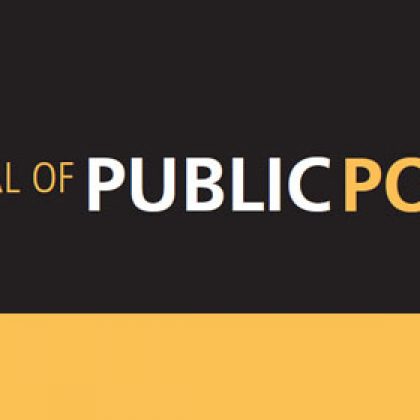
Over the past decades, a growing number of countries have introduced carbon taxes to lower carbon emissions and fight climate change.…

Due to their ability to perform cation exchange, zeolite applications were found in various industries, such as in the pharmaceutical industry, petrochemical industry.

I am the Director of Lund University Centre for Sustainability Studies. I have a background in International Development with several years-experience of researching global environmental change specializing in poverty, governance and differential vulnerability.

We are pleased to be collaborating with Guest Editors at NOAA, the Met Office, the German Aerospace Center, the Climate Research Centre in Singapore and Oxford University on a Call for Papers on the topic of Environmental Informatics (deadline for submission 12 November) for Environmental Data Science, a new open access journal published by Cambridge University Press.…

In the run up to CoP26, Tesla became the first electric vehicle (EV) manufacturer to have a market value of over $1 trillion.…
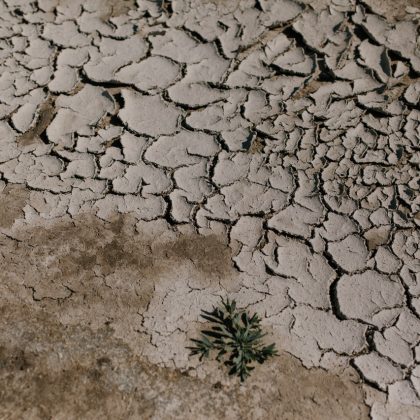
Climate responses necessitate trade-offs, which may reinforce inequality. A gender and social equity approach is required to ensure that farmers with least resilience benefit from climate action through transformative climate adaptation.…

Sustainable finance is ordinarily considered a force for good aimed at mobilising financial support for climate action (SDG 13), among other environmental objectives.…

As one of the very few species species of mammals to live and breed all year in the Antarctic Ocean, Weddell seals (Leptonychotes weddellii) can give us clues as to how Antarctic predators will adapt to changes in their warming environment.

The many impacts of climate change including desertification, rising-sea levels, extreme weather events, flooding, and other natural disasters, could lead to mass human displacement over the coming century as more land becomes increasingly uninhabitable for our species.…

Migratory waterbirds traverse thousands of kilometres annually between their breeding and non-breeding areas, and their conservation is the subject of numerous inter-governmental treaties.…

We’re partnering with GOBI Library Solutions on a series of blog posts to give our customers insights into our Hot Topics collections.…

The paper “Grand challenges for the 21st century: what crop models can and can’t (yet) do“, published in The Journal of Agricultural Science, has been chosen as the latest Editorial Highlight.…

A new NASA study [Antarctic Mass Balance] confirms that an increase in Antarctic snow accumulation [Siegert, 2003] that began 10,000 years ago in East Antarctica (EA) [Fig.…

Within hours of assuming office, President Joe Biden began taking steps to reverse his predecessor’s devastating policies on climate change. He returned the United States to the Paris Agreement, declared that his administration would cooperate with other countries to tackle the problem, and pledged that Americans would substantially cut their greenhouse gas pollution.…
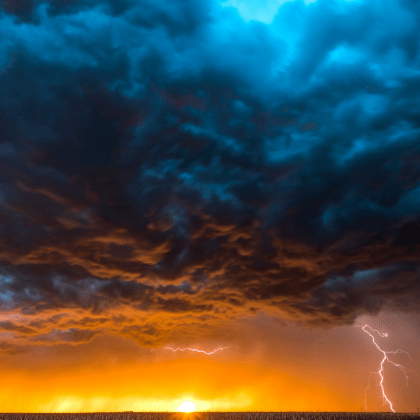
BJPsych Bulletin is delighted to announce Dr Daniel Romeu as the winner of the 2020 Praxis Editorial Award competition. Read his complementary blog post on his winning article: “Is the climate a mental health crisis?“.…

This article introduces “The Concept of Essential Use: A Novel Approach to Regulating Chemicals in the European Union,” a new Open Access article in Transnational Environmental Law.…

‘Multispecies sustainability’ addresses a contradictory reductionism in the original definition by recognizing the interdependence of living beings and their wellbeing, and expanding the concept to non-human species and their needs An interdisciplinary team led by Senior Researcher Dr.…

The paper ‘Relative success of frost-resistant variants of Avena fatua: a field experiment, published in the Journal of Agricultural Science, has been chosen as the latest Editorial Highlight.…

The greatest challenge that we face as a species for our planet’s continued habitability is, ultimately, a rate problem.

The number of sea turtles spotted along the coasts of the UK and Ireland has declined in recent years, according to a paper published in the Journal of the Marine Biological Association.…

One of the many crises the world faces today is the climate emergency. Greenhouse gas emissions are destabilizing the global climate, and mitigating this change requires ambitious economic plans to which polluters need to comply.…

The article Phenology and plant functional type dominance drive CO2 exchange in seminatural grasslands in the Pyrenees is available free for a month in the Journal of Agricultural Science Grasslands play a crucial role in climate change mitigation, since they are the most widespread terrestrial habitat in the world, storing an important amount of soil carbon.…

An exciting new series has just appeared in Cambridge Elements focusing on Environmental Humanities, a new trans-disciplinary complex of approaches that reexamine our species’ history in light of the drastic climate changes that may end the Holocene period in which homo sapiens has flourished.…

5 March 2020: In light of the unprecedented, ongoing and unpredictable developments around the novel coronavirus, Covid19, this year’s Redux Conference in Cambridge will not go ahead.…
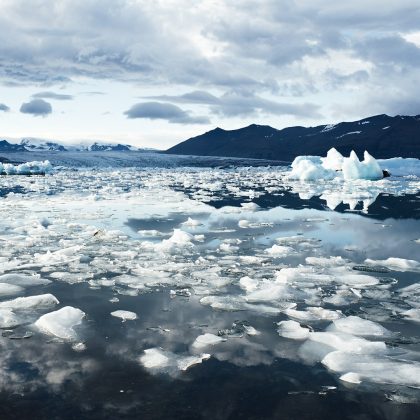
There is no doubt that sea ice in the polar regions is melting, but what is the exact role that this plays in the global climate system?…

Throngs of young (and not so young) people refusing to pretend that the human race is not in the most serious crisis it has ever faced.…

It’s fair to say that beef is getting a bad press at the moment. Hundreds of column inches have been dedicated to the argument that – whichever way you slice it – beef is bad for the planet.…

The latest Paper of the Month for Parasitology is ‘The impact of botfly parasitism on the health of the gracile mouse opossum (Gracilinanus agilis) by Emerson Vieira Two of the researchers associated with my lab, Priscilla L. …
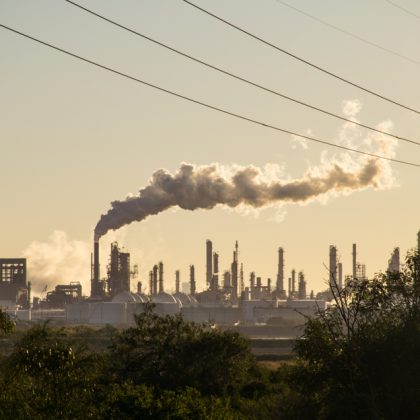
For several decades, individuals and communities affected by climate change – as well as the lawyers, advocates and civil society organizations who represent them – have been using litigation as a strategic tool to hold corporations accountable for climate change-related human rights harms.…

This special issue in Business History Review on Business and the Environment seeks to promote new approaches in business history designed to explore of the role of business in both creating and addressing the mounting environmental crisis that has become apparent over the last half century.

Most of the research that is currently in ‘leading’ journals ignores the really important issues that confront our world. As an example, consider what is probably the most important problem now facing our species.…

Crop wild relatives are wild plant species that are relatively closely related to cultivated crops and include the ancestors of cultivated crops. Crop wild relatives are a critical source of adaptive traits / genes, including resistance to diseases, pests and stresses such as drought and extreme temperatures that can be used in plant breeding, with the potential to enhance sustainable food security in the face of challenges such as climate change and population growth.

In October 2018 the Intergovernmental Panel on Climate Change released a special report (SR15) warning of the impacts of a global rise in temperature above 1.5 C average, explaining that only 12 years remained before irreversible changes and disasters were ‘baked’ into the global system.…

Climate change is the greatest challenge facing humanity. It’s an almighty catastrophe that will only become worse with time. We’ll be seeing more powerful storms, increasingly devastating wildfires, longer droughts and recurring floods, to name but a few of the impacts of climate change that are quickly becoming commonplace globally.…
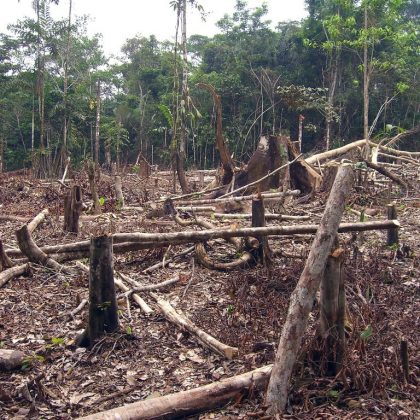
Brazil’s new president Bolsonaro and "ruralists" (large landholders and their representatives) have initiated a series of measures that we contend threaten Amazonia`s environment and traditional peoples, as well as global climate.

Can tiny fossilized teeth from a prehistoric animal most closely resembling a lamprey provide crucial information about climatic change from over 450 million years ago?…

In the Philippines, organic rice systems are proving to be more climate resilient than conventional rice systems. This is according to a Self-evaluation and Holistic Assessment of climate Resilience of farmers and Pastoralists (SHARP), a methodological tool developed by a team at the United Nations’ Food and Agriculture Organization.…

Climate change is currently one of the biggest threats to human existence. Carbon sequestration – the storage of CO2 underground – is one innovative method that could help to reduce the amount of CO2 in the Earth’s atmosphere and ultimately save the human species.…
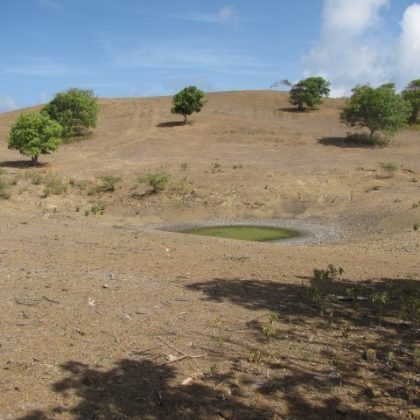
There was a time when agriculture was widespread across all of Puerto Rico, and many of its citizens were in some way associated with agricultural labor.…
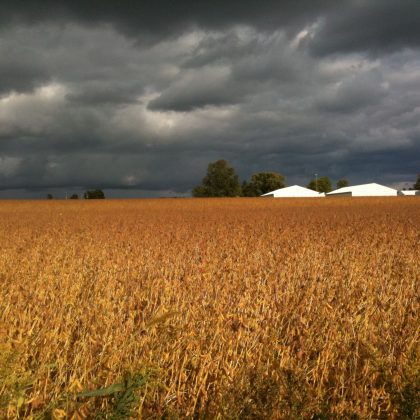
How do we create resilience in the agrifood system? With every new day we better understand the impact of humans on the environment, particularly our impact on the global climate.…

The story of Chicago’s development is inextricably linked to its relationship with the natural environment, beginning 16,000 years ago when an enormous glacier sat on (and flattened) the land. Ever since, urban planners and policymakers have grappled with how to manage a city built on flat, swampy land, and what to do with the animal and human waste that accumulates in urban environments.
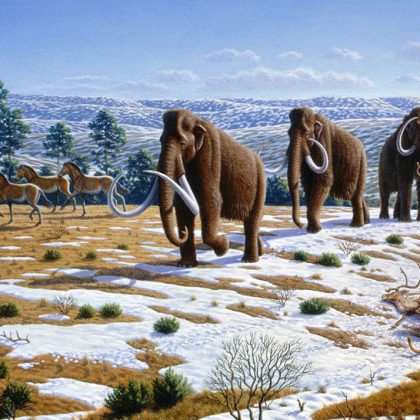
About 10,000 years ago, in the last moments of the Pleistocene epoch, an extinction of large mammals, or megafauna, occurred. These included the woolly mammoths, mastodons, saber-tooth tigers, giant ground sloths, and enormous woolly bears, all North American inhabitants of the last major ice age.…

The latest EC Perspectives paper from Environmental Conservation is entitled 'Understanding the demand for REDD+ credits' by Timothy Laing, Luca Taschini and Charles Palmer. In this blog Timothy Laing discusses the research.

A new study in Paleobiology has compared the diet of a variety of Australian megafaunal herbivores from the period when they were widespread (350,000 to 570,000 years ago) to a period when they were in decline (30,000 to 40,000 years ago) by studying their fossil teeth. The analysis suggests that climate change had a significant impact on their diets and may well have been a primary factor in their extinction.

Blog post by Hilary Graham and Piran White Rich societies like the UK are changing the planet for the worse. Human life is taking a heavy toll on the Earth, its climate and various ecosystems.…

A glacier near Lake Aru in western Tibet collapsed on 17 July 2016. Now the Journal of Glaciology publishes the first scientific account of this cryospheric disaster in which nine local yak herders were killed. Eyewitnesses reported that the episode lasted only four to five minutes. More than 70 million cubic metres of ice tumbled down a mountain valley, spreading over a distance of 6 kilometres onto the lowland below.

The Nutrition Society Paper of the Month for October is from the Proceedings of the Nutrition Society and is entitled 'Wholesome Nutrition: an example for a sustainable diet'.

In this blog Sérgio H. Fario – one of four new Associate Chief Editors for the journals of the International Glaciological Society, Journal of Glaciology and Annals of Glaciology – answers questions on where glaciology is at now, where it is going and how it is being affected by climate change.…

The climate is changing. We have left the Holocene and entered the Anthropocene, the era in which human enterprise is pushing the planetary functioning of essential cycles (e.g. of CO2) into a potentially unstable regime. Human enterprise, by burning fossil fuels for electrical, heat and motive power is the central cause of climate change, and is driven by an economic system that promotes insatiable consumption.

Source: Study says Alaska could lose massive icefield by 2200 The study Modeling the evolution of the Juneau Icefield between 1971 and 2100 using the Parallel Ice Sheet Model (PISM) by Florian A.…

Source: Study: Giant iceberg decimates Adélie penguin colonies – UNSW Science for society Adélie penguin numbers at Cape Denison in Antarctica have crashed from more than 160,000 birds in 2011 down to just a few thousand following the grounding of a giant 97-kilometre long iceberg in Commonwealth Bay.…

The type of sheep that farmers breed for need to be suited to the farm they are managed on. To pick the best type of sheep, farmers need to know how their sheep can make more money for their farm.
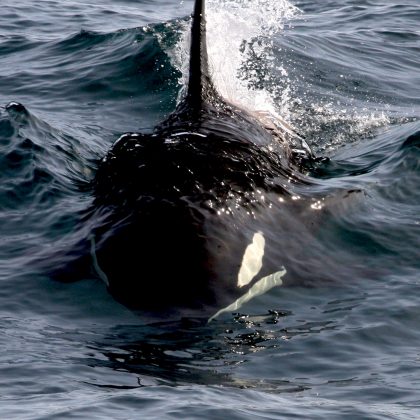
Killer whales are one of the ocean’s top predators, including the waters around the UK. Climate change is opening new habitats and potentially offering new prey for killer whales, particularly in the Canadian Arctic.…

A new open access article published in the journal Antarctic Science highlights the 80 most important questions in Antarctic and Southern Ocean Science that need to be answered in the next decade and beyond. …

Three articles have been selected as the animal Article of the Month for August. All three articles are taken from a special issue on Agroeclogy published in animal. The first is entitled 'Editorial: Agroecology for producing goods and services in sustainable animal farming systems'

A recent article from The New York Times describes the immediate need for climate risk awareness and how it will affect all of us, especially impoverished countries.…

The April animal Article of the month highlights the increasing concern with the thermal comfort of agricultural animals is justifiable not only for countries occupying tropical zones, but also for nations in temperate zones where high ambient temperatures are becoming an issue.

If significant climate change occurs in the United States it may be necessary to change where certain foods are produced in order to meet consumer demand.

This post is the last in a series of blogs written by the authors of papers which were presented at the recent Greenhouse Gases & Animal Agriculture Conference held in Dublin.…

This post is the first in a series of blogs written by the authors of papers which were presented at the recent Greenhouse Gases & Animal Agriculture Conference held in Dublin.…
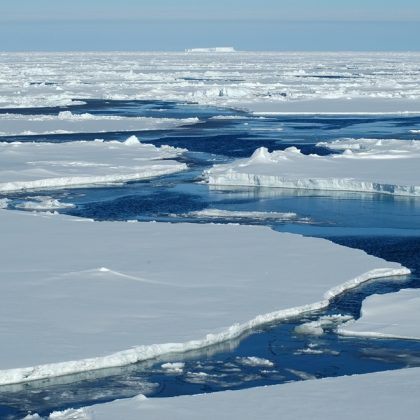
A new report by the Scientific Committee on Antarctic Research (SCAR) reveals that while large climatic changes are taking place in parts of the Antarctic, such as the Antarctic Peninsula and West Antarctica, much of the continent has experienced little change.…